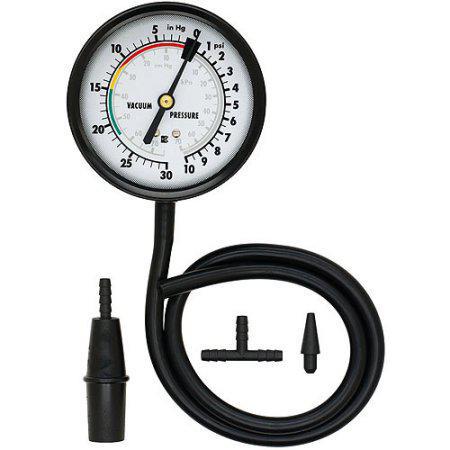Nissan Workers in Mississippi Reject Union Bid by U

Nissan Workers in Mississippi Reject Union Bid by U.A.W.
In a test of labor’s capability to expand its reach in the South, workers at a Nissan plant in Mississippi have overwhelmingly rejected a bid to unionize.
Out of harshly Trio,500 employees at the Canton-based plant who voted Thursday and Friday, more than sixty percent opposed the union. It was an emphatic coda to a yearslong organizing effort underwritten by the United Automobile Workers, which has been repeatedly frustrated in its efforts to organize major auto plants in the region.
The election campaign at the plant, where a large majority of workers are African-American, frequently took on racial overtones. Some employees alleged that white supervisors dispensed special treatment to white subordinates, a charge the company emphatically denied.
For their part, anti-union workers highlighted the U.A.W.’s contributions to local civil rights and religious groups, accusing the union of seeking to buy support in the African-American community.
In the end, however, basic economics combined with a fear of switch may have carried the day. Veteran workers at the plant make about $26 per hour, typically only a few dollars less than veteran workers represented by the union at the major American automakers, and well above the median wage in Mississippi.
Nissan also pays a harshly similar percentage of employees’ incomes into their retirement accounts as do the Michigan automakers.
Before coming to Nissan more than fourteen years ago, “I didn’t have a 401(k), I had one week of vacation,” said Marvin Cooke, a Nissan paint technician who was previously an assistant manager at a Shoney’s restaurant. “Now, I have four weeks’ vacation. I’m off on every holiday. Nissan has provided a superb living for me.”
Mr. Cooke voted against the union.
While a significant number of workers at the plant, which has a total work force of almost 6,500, are contract workers who earn lower wages than employees, they were not eligible to vote in the union election.
Publicly, Nissan emphasized how the plant was an economic lifeline for workers in the area, including one commercial in which a Mississippi pastor described how people were “fluctuating back and forward looking for jobs” before the plant arrived, but could now “come through the door knowing the lights are on, the water is running.”
The message resonated with many workers, albeit some found it condescending. “They were telling African-Americans look what they provided for us, but I had a job before I came to Nissan,” said David Brown, who was undecided the week before the vote but ended up supporting the union. “I had a house already, had cars already. Nissan didn’t provide me with it.”
In meetings inbetween management and workers, and in a movie featuring the plant’s top official, Nissan was more menacing, suggesting that a union would put workers’ jobs at risk.
“They’ve come out with some of the nastiest, most unprecedented attacks I’ve seen in the twenty years I’ve been doing this,” said Gary Casteel, the second-ranking official at the U.A.W. “This issue of menacing to close a facility is the worst threat you can put toward an employee.”
At one point leading up to the vote, managers delivered a slide presentation warning that in the event of a strike, most employees who walked out would not be ensured jobs afterward. Many workers appeared to find the presentation alarming, even tho’ strikes are infrequent in the industry and substituting production workers could be difficult.
Another manager emphasized in a meeting that Nissan could determine not to automatically deduct workers’ union dues, in which case the union would end up sending workers a regular “bill.”
“It was just to deter people from joining, was what I’m getting out of it,” said Earnestine Mayes, a union supporter. “No one wants to sit there and pay that bill every week.”
The company said its communications with workers were an attempt to provide information and clear up misimpressions, and that dues were not a focal point.